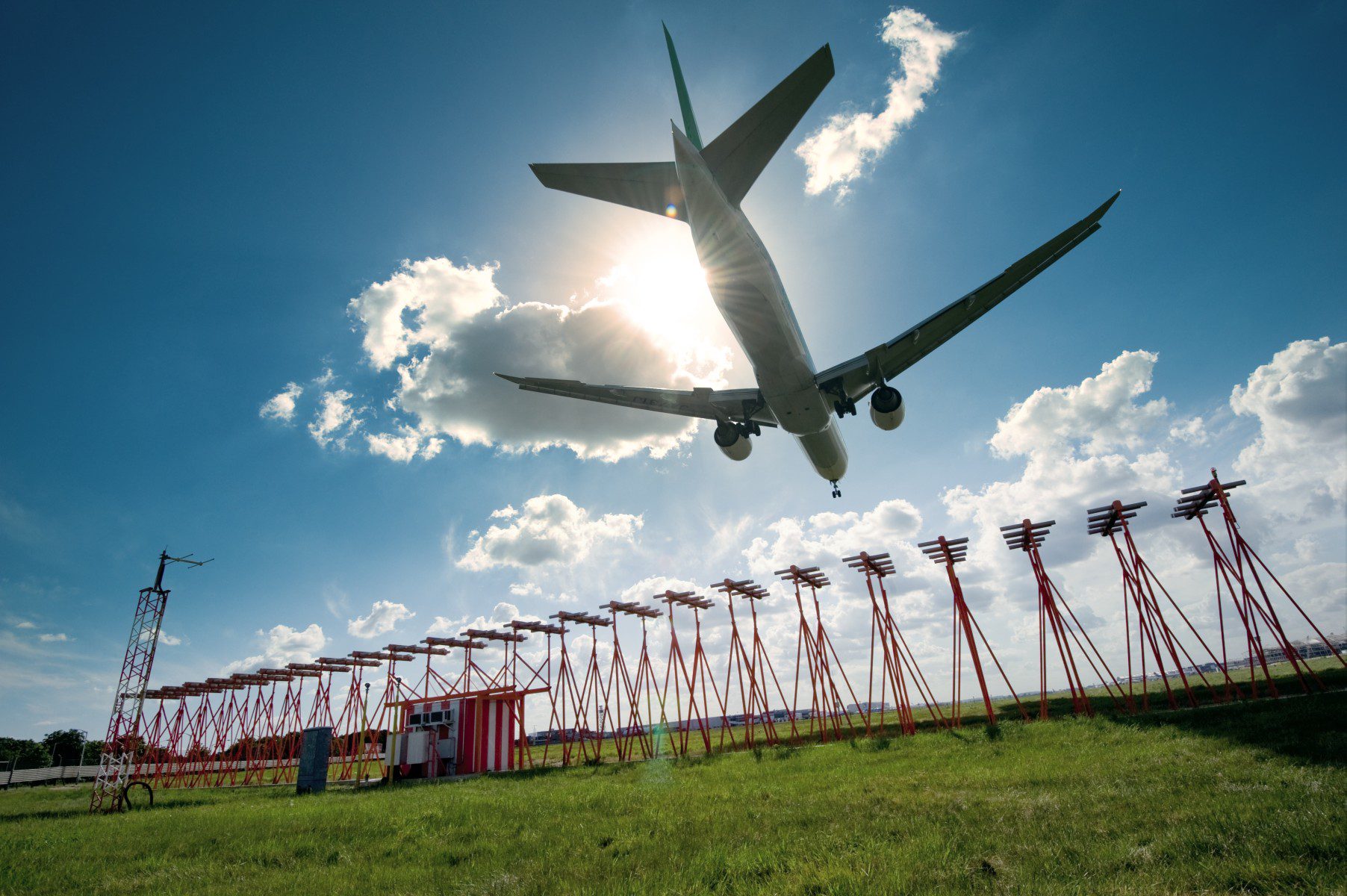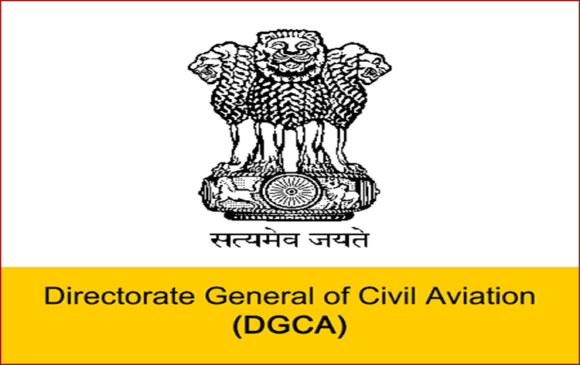
heathrow 175811215827035
Europe has reaffirmed its commitment to get the aviation industry to net-zero emissions in 2050 by signing the Toulouse Declaration on February 4. The 27 member states of the European Union, the UK, the US, Japan, and ten other countries from the European Civil Aviation Conference (ECAC), and 146 companies and stakeholders have signed the document during the two-day EU Aviation Summit in Toulouse. Toulouse Declaration reaffirms Europe’s net-zero commitments.
During last October’s Annual General Meeting in Boston, IATA members already committed to getting to net-zero in 2050. The Air Transport Action Group (ATAG) followed suit with the signatures of all the major OEMs.
Under its presidency of the Council of the European Union, France wanted to reaffirm that all EU countries and others that wished to support it are on the same page on getting aviation on the roadmap towards sustainability. The basis for this roadmap is Destination 2050, the action plan that was commissioned by five of Europe’s leading associations and presented in early 2021.
Destination 2050 identified technical innovations in aircraft and engine design as the most important steps to reduce emissions, by 37 percent. A major contributor to this is the use of hydrogen. The increased use of sustainable aviation fuels (SAFs) can reduce emissions by 34 percent. Economic measures, like pricing of CO2 emissions, can stimulate the industry to reduce emissions by another 27 percent, while improved air traffic management can result in six percent lower emissions. Many of the ingredients of Destination 2050 have been adopted in the Fit for 50 action plan that was proposed by the European Commission last summer. Commissioner Adina Valean participated in the Aviation Summit.
Immediate and adequate action is needed
The Toulouse Declaration recognizes the essential role of aviation, but also the need for “immediate and adequate action to support and incentivize the decarbonization of aviation, especially in the light of the Paris Agreement and the Intergovernmental Panel on Climate Change 6th assessment report, of the EU climate commitments for 2030 and 2050 and the Fit for 55 packages of proposals as well as of similar commitments and initiatives from non-EU states.”
It acknowledges that decarbonization of the aviation industry is a complex challenge that needs international cooperation within the International Civil Aviation Organization (ICAO) to ensure a level playing field. That’s why the signatories call on the participants of the upcoming 41st ICAO Assembly on September 27 to translate the Toulouse Declaration into firm commitments from all 193 member states.
ICAO President Salvatore Schiacchitano said in Toulouse that the declaration will help participants of the Assembly to strengthen the implementation of the Carbon Offsetting and Reduction Scheme for International Aviation (Corsia), which has been criticized by environmentalist groups as too little too late. ICAO member states need to adopt a long-term global aspirational goal, both Schiacchitano and the Toulouse Declaration say.
The Declaration has been signed by all 27 EU member states, plus the ten ECAC members that include the United Kingdom, Albania, Georgia, Iceland, Moldova, Monaco, Norway, San Marino, and Serbia. The US, Canada, Japan, and Morocco have also signed it. Also present in Toulouse were Brazil, China, Egypt, France, Germany, India, Indonesia, Russia, South Africa, and Turkey.
Industry pushing for decarbonization technologies
Among the signatories from the aviation and energy industry are Airbus, Safran, Dassault, Aéroports de Paris, Vinci Airports, Air France-KLM, IAG, Easyjet, ATR, Thales, Boeing, TotalEnergies, Shell, Suez and Neste.
In a media statement, a group led by Airbus welcomed the declaration: “We will continue to invest in the maturation, development, and implementation of decarbonization technologies, notably operations, next-generation aircraft and engines, SAFs, and synthetic fuels, and look to institutions to support the development and deployment of innovations. (…) We urge the European Commission to implement the launch of industrial alliances that will be critical to align the entire ecosystem around this joint ambition.” During the Airbus Summit last September, Airbus already reaffirmed its commitments to net-zero.
Airlines 4 Europe (A4E), European Regions Airline Association (ERA), Airport Council International Europe (ACI), ASD Europe, Civil Air Navigation Services Organisation (CANSO), that jointly worked on the Destination 2050 plan, said in a statement that they “now expect the Toulouse Declaration to be translated into a structured dialogue and concrete policy action. (…) An effective policy, regulatory and financial framework is needed at European and national level to support and accelerate this transformation.”
They call for an EU Pact for Aviation Decarbonization that includes “public and private funding to channel investments, R&D and innovation into decarbonization and a more sustainable aviation ecosystem – including through European partnerships such as the Alliance for Zero Emission Aviation, Alliance for Renewable and Low Carbon Fuels Value Chain, Clean Aviation, Clean Hydrogen, and SESAR Joint Undertakings – and by including relevant aviation activities into the EU taxonomy for sustainable finance.”
Other initiatives should include incentives for earmarking of revenues from the Emission Trade System (ETS) to support concrete decarbonization activities within the civil aviation sector, a more sustainable airport infrastructure, and public incentives for the deployment of sustainable aviation fuels. The five organizations also call for aircraft retirement and fleet renewal with the introduction by 2035 of zero-emission aircraft using green hydrogen and electricity. And they want a more sustainable, network-centric, modern, and digital Air Traffic Management system through the Single European Sky and SESAR.
Views: 3



